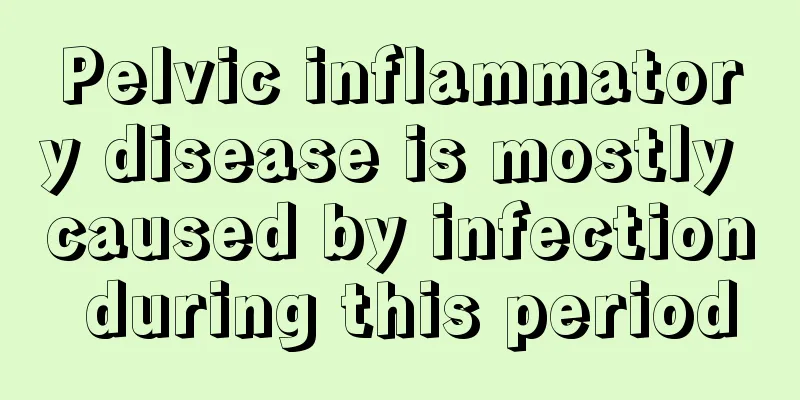What causes vulvar eczema?

|
The vulva is a female sexual organ. This area is relatively fragile and sensitive. If the external environment is bad and you do not pay attention to hygiene, it is easy to cause vulvar eczema, which will cause rashes, itching, swelling and pain. Its onset is due to infection with many bacteria. If you have many sexual partners, the bacteria will spread quickly and you will get the disease. It is a skin disease, so you must keep it clean and change your underwear frequently. If it is serious, you must go to the hospital for timely treatment. Vulvar eczema is an allergic skin disease caused by various etiologies, characterized by polymorphic lesions, inflammatory exudates and severe itching. Allergy is an important cause of disease. Vulvar eczema can affect the vulva and surrounding skin, with symptoms including severe itching. It needs to be differentiated from contact dermatitis, neurodermatitis and psoriasis. Allergies are an important cause of disease: 1. Allergens mainly include: cosmetics, radiation, plant pollen, eggs, fish, shrimp, milk and other foreign proteins; 2. Metabolites in the body, intestinal parasites, digestive tract diseases, and autoantibodies produced in the body, etc. 3. Mental factors lead to neuroendocrine dysfunction, which increases the skin's susceptibility to various stimuli and easily induces eczema. Vulvar eczema can affect the vulva and surrounding skin, with symptoms including severe itching. 1. Acute phase Erythema, edema, papules, and blisters gather in groups. Blisters may fuse, rupture, erode, exude, and form crusts. The lesions are often symmetrically distributed, relatively localized and recurrent. 2. Subacute phase Erosion and exudation decrease, and scabs and desquamation appear. 3. Chronic stage After the acute stage, the inflammatory response becomes milder, manifested as skin thickening, cracking, desquamation, and accompanied by pigmentation or hypopigmentation. treat Isolate allergens and various adverse stimuli; treat chronic systemic diseases; keep the perineum clean and dry, and do not use irritating cleansers or creams; avoid eating irritating and allergenic foods; adjust the mental and psychological state. 1. Systemic medication Intravenous or oral anti-allergic drugs, steroid hormones, and appropriate antibiotics when infection occurs. 2. Local treatment (1) In the acute phase, calamine lotion, boric acid solution, potassium permanganate solution, zinc oxide oil, etc. may be used as appropriate. (2) Various types of cortisol creams can be used in the subacute phase. (3) In the chronic stage, cortisol, antipruritic agents, flufenamic acid butyl ointment, etc. can be used. Cryosurgery, radioactive isotopes, superficial X-ray treatment, etc. can also be used. |
<<: How long should I take medication for vaginal candidal infection?
Recommend
Where is the best place to go to Tibet? What is the route from Hangzhou to Tibet?
Nowadays, many people like to travel to Tibet, bu...
How to wash your hair during your period
We all know that girls always have a few special ...
Causes of menopausal panic
Menopause indicates that our body is preparing to...
Picture of pregnancy test paper
When a married woman's menstruation is delaye...
Can pregnant women wear mascara?
When it comes to becoming beautiful, I believe it...
How to maintain curly hair
Loving beauty is women's nature. Female frien...
Today is National Cancer Day. Early screening for these four types of cancer is really useful!
Today is April 15th, also National Cancer Day. No...
How to get pregnant with a second child quickly
Since the country opened up the two-child policy,...
How to cure hair loss in women
Hair loss is one of the most common diseases in o...
What are the side effects of the IUD? What should I pay attention to when taking out the IUD?
In the modern world, many women choose to wear IU...
What foods and fruits can't be eaten by patients with uterine fibroids
Patients with uterine fibroids must pay attention...
What to do if a woman is forgetful
As people age, both men and women will experience...
What to do if breasts sag and dry after weaning
Breasts are very important to women. Many women f...
What can I eat every day to enlarge my breasts?
A plump breast is one of the standards of female ...
Symptoms of early pregnancy: frequent farting
It is common to fart frequently in the early stag...









